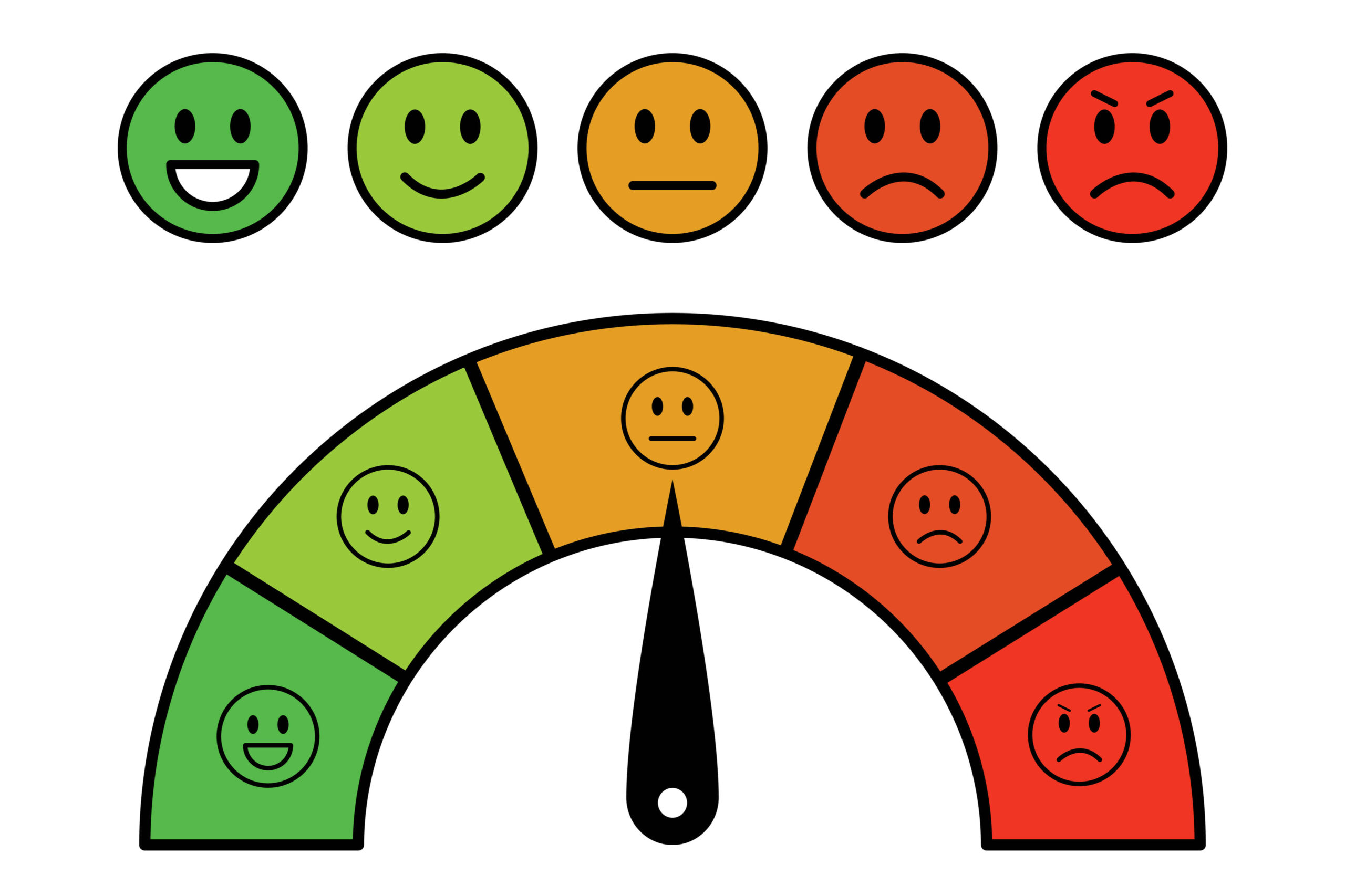Factors affecting emotional eating and eating palatable food in adults
In this 2020 study by Bilici et al., the relationship between emotional eating behavior, tendency to eat palatable foods, and several risk factors was examined. A total of 2,434 adults aged 19-64 were given questionnaires. Results from the data collection showed that higher BMIs were associated with increases in negative emotions, negative situations, and negative total scores on the questionnaire (EMAQ) that assesses tendency to eat in response to both positive and negative, emotions and situations. Higher BMIs also correlated with increased frequency in palatable food consumption due to coping motives, as indicated by the Palatable Eating Motives Scale (PEMS). Further examination revealed a significant relationship between BMI and the social motives, rewarding, and conformity subscales of PEMS. Bilici et al. (2020) determined that exposure to negative emotion or situations may predispose people to experience more eating attacks. However, this study found it difficult to quantify the impact of this eating behavior based on BMI. [NPID: emotions, emotional processing, palatable foods, highly-palatable foods, negative emotions, coping mechanisms]
Year: 2020
 Navigation
Navigation






